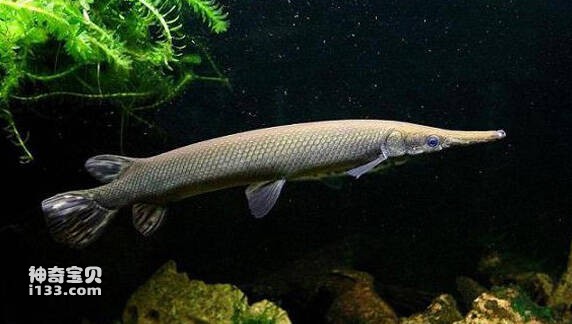Whether it is species diversity or genetic diversity, they are all contained in ecosystem diversity. Our country has a vast land and rich resources, and diverse ecosystems. The lake ecosystem alone can be divided into five different lake area types. The biota structure is complex. Different ecosystems in different natural geographical areas provide humans with a variety of natural resources. Many valuable aquatic products are either a species or a local species, living in a specific ecosystem. The destruction of some special ecosystems will inevitably lead to the extinction of some unique species. For example, Yilong Lake in Shiping County, Yunnan, covers an area of about 92 square kilometers and was historically rich in carp and white fish. Shihe Power Generation was opened in 1952, and water was released to create fields in 1971. In 1981, the entire lake continued to dry up for 20 days. Although water storage was restored after that, the endemic species of the lake was extinct. Another example is that among the more than 20 species of fish inhabiting the Baihai Sea in Yunnan, there are 10 species and subspecies of rare and endemic fish. In the past 30 years, due to falling water levels, destruction of spawning grounds, overfishing and unreasonable stocking, these 10 species or subspecies have all been endangered and are now endangered. Erhai Lake, as a special freshwater lake ecosystem, is also endangered. About to disappear.

Unreasonable introduction is an important reason for destroying ecosystem diversity and causing endemic species to become endangered. In an ecosystem that has reached relative balance after long-term evolution, the absence of a species or the addition of a species may cause changes in the structure and function of the system. The perch living in the Irtysh River in northern Xinjiang is a carnivorous fish with important economic value. When it was introduced into Bosten Lake in southern Xinjiang, it avoided the control of other ferocious fish on its population. A large number of They breed and eat other fish, leading to the extinction of the rare fish unique to Bosten Lake, the flatnose (Xinjiang bighead fish) and other fish that originally lived in the lake. The perch itself has a serious shortage of food due to the large population and a serious shortage of food. Individuals become smaller and lose their original economic value. Another example is Lugu Lake, which is located at the junction of Yunnan and Sichuan. There were originally three species of endemic schizothorax. However, some people mistakenly introduced the wheat ear carp, which is no more than 10 cm long, as grass carp. This small fish has formed an advantage in the lake. Populations, devouring large amounts of Schizothorax eggs, have driven these three species of sympatric and uncompetitive endemic economic fish to the brink of extinction. Similar situations have caused serious consequences in many lakes in my country.
Most of the above phenomena occur in water bodies with simple biota structures and low biodiversity indexes. This shows that the lower the diversity of an ecosystem, the worse its stability. However, there are exceptions. For example, in many lakes on the Qinghai-Tibet Plateau, only one plant and several fish species often exist, and the introduced invasive species have a negative impact on the ecosystem. The plateau's alpine climate and intense radiation lack the ability to adapt and cannot compete with it. There is also a type of lake, such as the saline-alkali "barren" lakes in Gansu and Inner Mongolia, where most exotic species cannot survive.
animal tags:
We created this article in conjunction with AI technology, then made sure it was fact-checked and edited by a Animals Top editor.